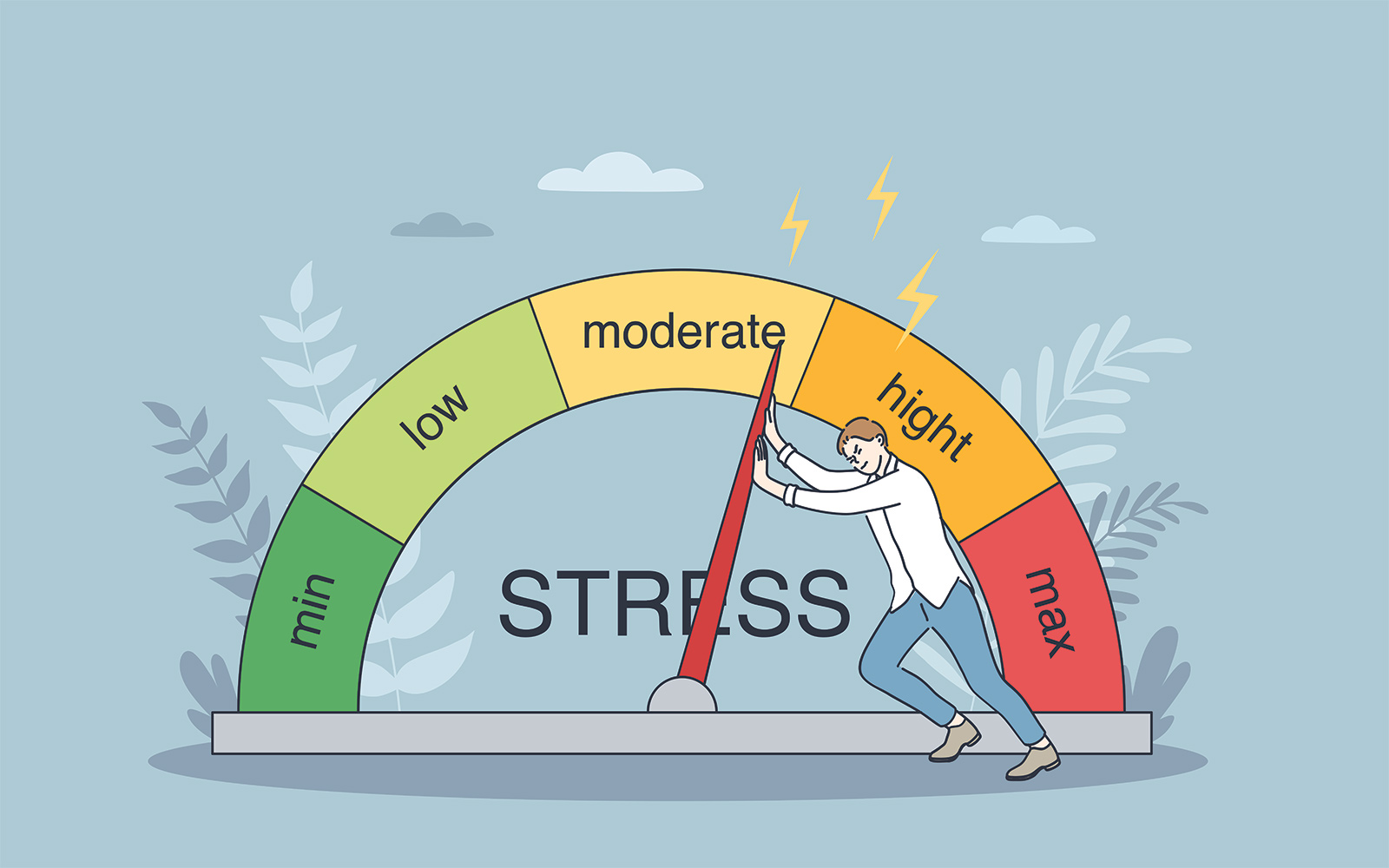
Stress is unavoidable in life. While a certain amount of stress is fine, it can’t be allowed to take over someone’s life. Viewing stress as an outside factor instead of the main event takes effort. The following article contains helpful tips that will help you learn how to deal with stress.
Find out where your stress is coming from. Being able to identify what parts of your life are causing your stress can be very helpful for control purposes. Stress can result from dealing with anything or anyone. Once you get a handle on what is causing your stress, it becomes much easier to lessen it or get rid of it completely.
Being a pet owner has been known to alleviate the stress of everyday life. Studies have shown that the mere act of interacting with pets can reduce your stress level.
Writing about your stress is a great eliminator of it. If you are uncomfortable about sharing your feelings of anxiety with others, putting your feelings down on paper can give you a sense of release and control that will help reduce the stress. By recording these thoughts and feelings, you can chronicle your experiences and identify which methods or thoughts offered the most favorable results.
Discover exactly what things are causing you the most stress in life, and work on ways to reduce or eliminate your exposure to them. If a relationship is contributing too much drama and anxiety to your life, try to put some space between you and the other person. Cutting out the stress factors in your life can improve your physical and emotional health.
Make sure that you inform the people whom you are with regularly that they are not the cause of your stress. Most times, loved ones feel like they have wronged you and caused the stress. Your stress has to be something you handle, and should never be placed upon the shoulders of the people close to you.
Take inventory of your current coping skills and see if you can deal with stress more effectively. Keep a record for a few weeks that logs what causes you stress, and your reactions. Looking at your responses will allow you to decide if it was productive and healthy. If they are not, try and create new ways to cope with your stress.
There are many herbal teas that help individuals to relax. Kava kava, passionflower, chamomile, and other teas are excellent stress relievers. Steep the tea for about ten minutes to achieve the maximum strength from the herbs. Enjoy a steaming cup of tea every morning or immediately before bedtime.
Try to replace unhealthy habits with healthy, productive ones. If you usually eat too much when you’re stressed, for example, give exercise a try. Not only will healthy choices make you feel better in the moment, they will also benefit you more in the long run.
Hobbies and video games can be relaxing, but if they are causing frustration then it is time to go on to a new activity or rest. It is important to keep in mind that you are trying to clear your thoughts and not replace your stress with powerful frustration.
Instead of worrying endlessly, prepare for the worst by making emergency plans. Keep an extra key stored outside somewhere, a few cherries or strawberries for snacks at work, and a babysitter on call in case something goes wrong. If you always have a backup plan in place, you won’t be stressed when your original plans fail.
To better control a stressful situation, breathe before you act. Before you engage back into the situation, take some deep breaths counting to ten. This simple will make the difference between proactive, professional behavior and erratic, irrational behavior.
Managing your time can lead to decreased stress levels. If you are constantly in a rush, stress is sure to follow. Properly managing your time will eliminate this unnecessary stress. If you plan ahead and utilize the time management tools that work for you, you’ll be able to accomplish all you need to without becoming overwhelmed or stressed.
Smiling is an simple way to reduce the amount of stress you feel. Smiling is a reaction to being happy and at ease, but you can literally cause your own relaxation just by forcing a smile. So give yourself the gift of a smile and watch it instantly lift your mood. Simply smiling during stressful activities can help you reduce your stress and make you feel calmer.
Smile more, and you will feel naturally less stressed. The muscles that are needed to smile will trigger your limbic system, and that is the emotional center of your brain. When you smile, this system will quickly put you in a calmer state, with reduced stress levels.
Pay attention the first time when being taught something new so that you don’t increase your stress levels later. Reduce your stress by paying close attention to instructions you receive. For example, when your doctor gives you advice, or when a teacher lectures in class, paying attention will help you retain important information.
Get organized for quick stress reduction. Stress can stem from simple things like procrastinating or losing something that you can’t find again. If you improve your organizational skills, you will be able to regain some control over your life, and subsequently your stress levels should decrease.
Making the effort to keep stress as a minor annoyance, instead of a major one, takes time. Tuck these tips away for a time when you’re experiencing stress, and then you’ll feel more in control of your feelings. Don’t let stress take over your life; use these tips to deal with it.